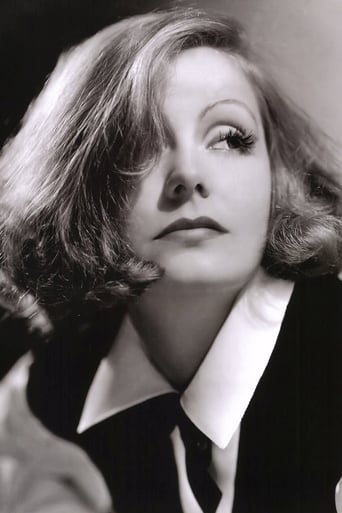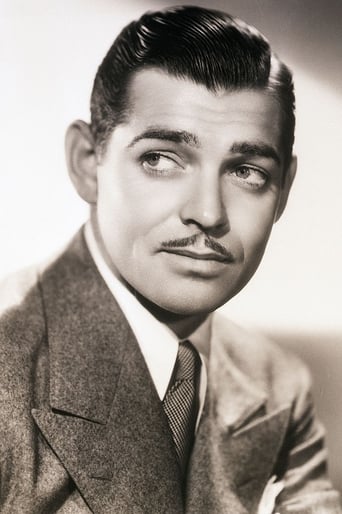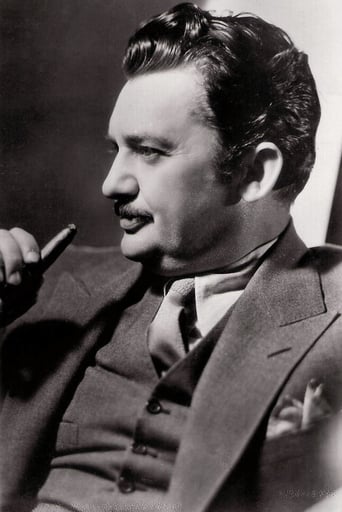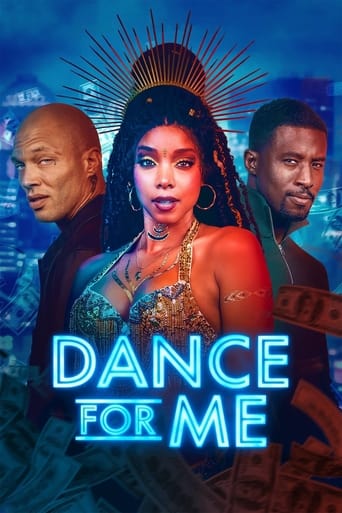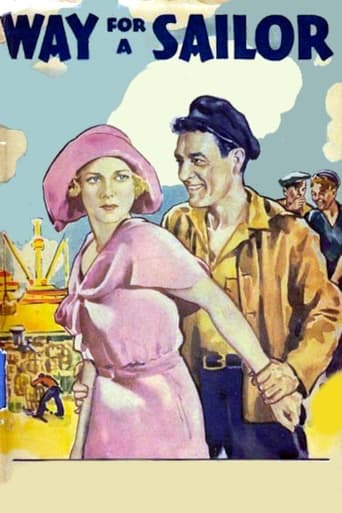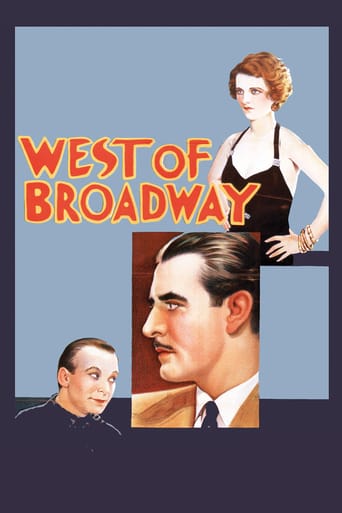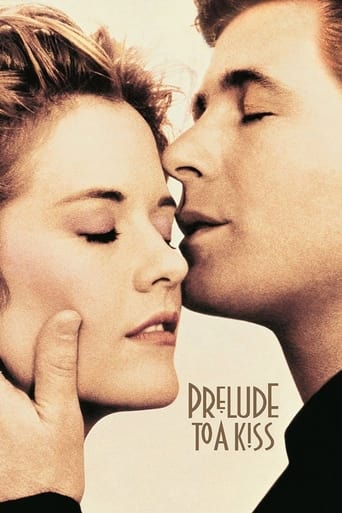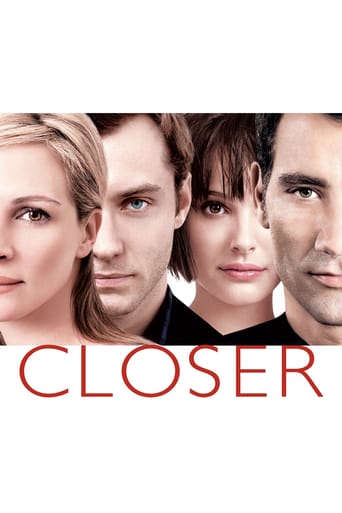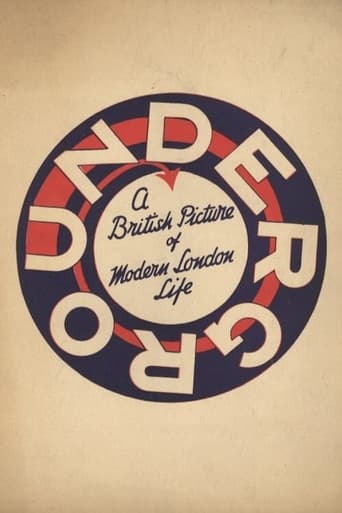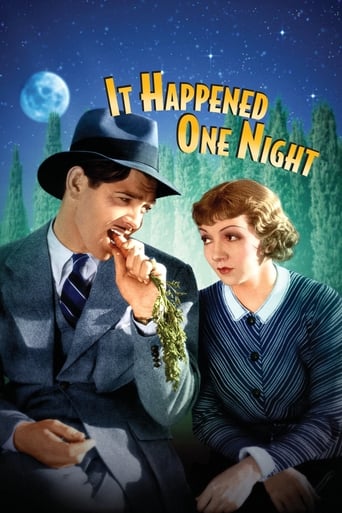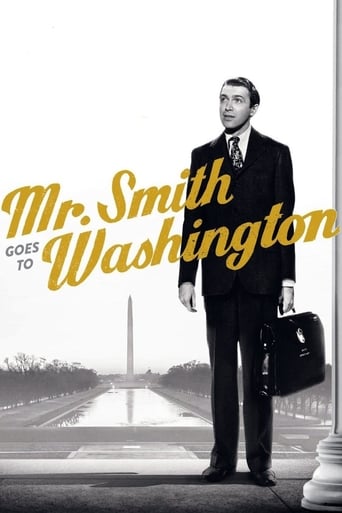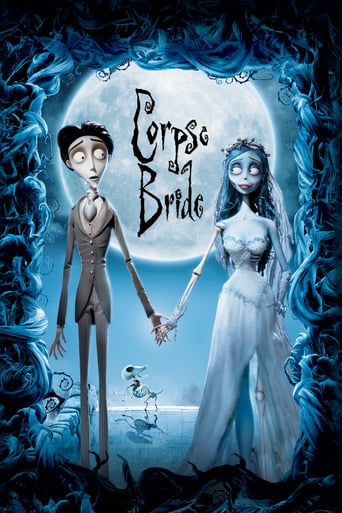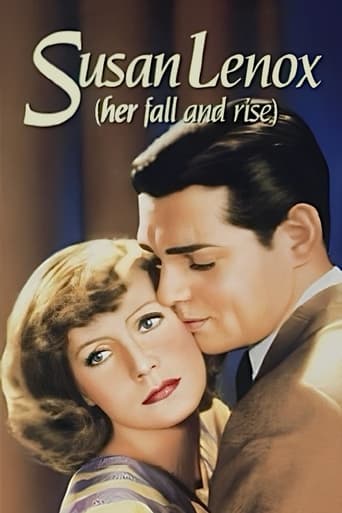
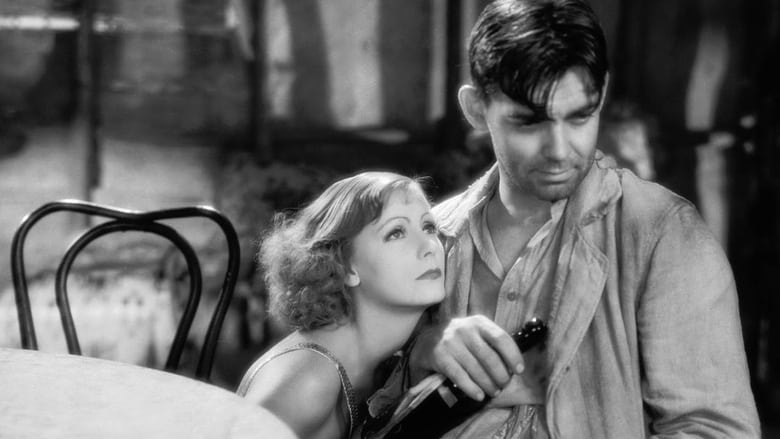
Susan Lenox (Her Fall and Rise) (1931)
A young woman runs away from an abusive home and pre-arranged marriage only to be frustrated in her attempts to find happiness with a handsome engineer.
Watch Trailer
Cast


Similar titles
Reviews
I am, of course, jesting when I describe this as a silent film with dialogue. But that's just how I felt in the opening scenes (particularly) of the film. The over-acting of the principals reminded me precisely of the exaggerated motions that silent film actors usually went through. I almost deleted the film at the point, but stuck with it, and I'm glad I did. It was worth it, although I would hardly call this a great movie. Too creaky! Clark Gable has some good scenes here...and some not so good scenes, but I blame it more on the screen play and the director than I do on Gable. Gable's character couldn't quite decide whether to be the hero or a louse, and a little more consistency would have been helpful. However, this was one of Gable's first truly starring roles, and one can see why he hit it big.I know many will disagree with me, but once again I have to say -- what's the great attraction to Garbo. I certainly don't see it here.The story itself is rather daring. Garbo plays a woman who will do almost anything to reconnect with the man she loves. Today we'd probably say she was stalking Gable's character.Transitions here are terrible, and again, I blame the director for that. It's not a bad story, but after a while you get a little bored with Garbo's relentless pursuit of Gable. I wanted to yell at her (and him), "Get over it and move on!" Okay, I watched it once...but never again.
Part of the string of long-lamented "woman's story" movies that were so popular in the early 1930s, this Pre-Code melodrama is wonderful, expressionistic, and even surrealistic in its set design, and it's a crying shame it's not received a proper DVD release. It's occasionally run on cable, so one must scour the Web to find a DVDR copy.This 76-minute movie is based on a thousand page novel; safe to say, the story's been telescoped. It hurtles along like some nightmarish, out-of-control train. Plot lines and characters are introduced and swept away before we have the chance to get our bearings. But like pretty much all classic movies, it boils down to a simple love story.The film operates as an endless sequence of Garbo and Gable together, then splitting up, then longing for one another, then searching for one another, and then spurning one another again due to some sort of misunderstanding. But the way the story is presented it's as surreal as a Josef Von Sternberg film. And like Dietrich in those Sternberg movies, Garbo here is a Destroyer Of Men; they become obsessed with her, and when they leave her (either by choice or command) they are consumed with the memory of her. Gable is the prime sufferer here; at the opening of the film he's a nice guy, quick to smile and good-natured, but as his obsession increases he becomes a grizzled, hate-filled lunatic – at the very end of the movie he even drops a prostitute off a balcony onto the tables below! Greta Garbo and Clark Gable (Hitler's two favorite actors I wonder if this was his favorite movie?) lead the cast, but make no mistake: this is Greta's picture all the way. And she shines: the movie allows Garbo to portray a range of emotions and she handles all of them with panache. She really comes off like some waif lost in the Black Forest in the opening scenes, only instead of the Black Forest it's some backwoods sargasso of the American Midwest. Shorn of his moustache, Gable is still his likable self; despite the surreal aspect of the film he still gets some of his Gable-isms in there. My favorite example being how he exchanges "craned-neck" looks with his dog. Gable and Garbo have good on screen chemistry, even though longstanding rumor is they didn't like one another in reality.The opening scenes of the movie are full-on German Expressionism. Susan's redneck home is like the funhouse reflection of reality, all drooping shadows and surreal perspectives. The sequence in which we see Susan's birth could've been lifted straight out of a Dr. Caligari remake. Unsettling camera angles guide us through a disturbing sequence in which we see Susan growing up, all of it relayed by her shadow as it grows in height along a wall. The final shot of this sequence is magnificent: the last shadow we see on the wall is Garbo's, and her profile is so distinct that she is immediately identifiable even though we don't actually see her.This film also contains an enjoyable sequence where Clark Gable becomes THE LUCKIEST GUY IN FILM HISTORY: He awakens to find the luminously gorgeous Greta Garbo cooking his breakfast! I've long preferred Paramount to MGM, but movies like this sway me. Again, the biggest problem with this movie is that it isn't available. It's prime content for the next "Pre-Code Hollywood" or "Forbidden Hollywood" DVD releases – or better yet, a "Pre-Code Greta Garbo" collection which could include this as well as the uncensored version of her "Mata Hari." Now that I think of it, according to the book "Sin in Soft Focus," this film too was cut before release; despite the Code not being fully enforced yet, there was still a Greta/Gable scene which upset the Hays Administration enough that they had something removed. If that scene still exists, then it would make a wonderful addition to a proper release of this neglected movie. (If I recall correctly, the cut scene took place in the penthouse suite – the scene in which Garbo attempts to humiliate Gable).Other examples of senses-shattering "woman's story" melodramas of the 1930s: Claudette Colbert's "Torch Singer," Sternberg/Dietrich's "The Blonde Venus," and Clara Bow's "Call Her Savage." For a 1940s version – watered down in that Post-Code style but still as wacky as any of the above – see Bette Davis's "Now, Voyager."
GRETA GARBO fans will undoubtedly forgive the screenplay which has Greta and CLARK GABLE romantically involved in an on again/off again relationship that is the basis for the whole movie. And, of course, Garbo's favorite cinematographer, William Daniels, is behind the camera making sure that she gets her fair share of lush close-ups.It starts out promisingly enough as a Gothic melodrama with Garbo fleeing the advances of a drunken fiancé ALAN HALE and rushing out into the storm. She seeks shelter in a barn but is discovered by CLARK GABLE who promptly takes a shine to her and invites her to take shelter under his roof. The opening scenes with Garbo and Gable have an innocent charm that makes them delightful to watch, with Gable giving a more natural performance than Garbo who already has a bag of transparent acting tricks.The plot thickens when Susan Lenox is forced to flee Gable's residence when her strict father and fiancé show up to bring her home. She ends up taking refuge on a circus train and ends up being "kept" by one of the managers. When she's reunited with Gable, it begins a series of misunderstandings. Garbo plays her role like the real diva she was, even pronouncing Gable's name--"Rodney"--in a melodramatic way.It's strictly downhill into pulp romance territory for the rest of the way. It's Gable who gives one of his most likable performances and sustains interest in the story's development--not Garbo.Summing up: Only for die-hard Garbo fans. Noteworthy for a very fine beginning which soon lapses into mediocrity.
Troubles never come singly,and in the short space of barely 75 minutes,the least we can say is that rain keeps falling over Garbo's head.The director treats of his heroine's childhood as a shadow show,a good idea and a way to sweeten the rather dense and eventful story.So dense it's sometimes hard to keep up with it.GB is a wretch,then a circus artist, a socialite,a hostess in a seedy African cabaret..Well it's melodrama!This is not as good as contemporary Stahl's best works though,because of the unsatisfying cutting. Long before "Ninotchka" Garbo laughs when she sees caviar .(it looks like buckshots!).This is not as much misogynist as they often say.Except for Gable's character and the man in the cabaret,all the males are infamous pigs whose only desire is to get the heroine in their bed.


